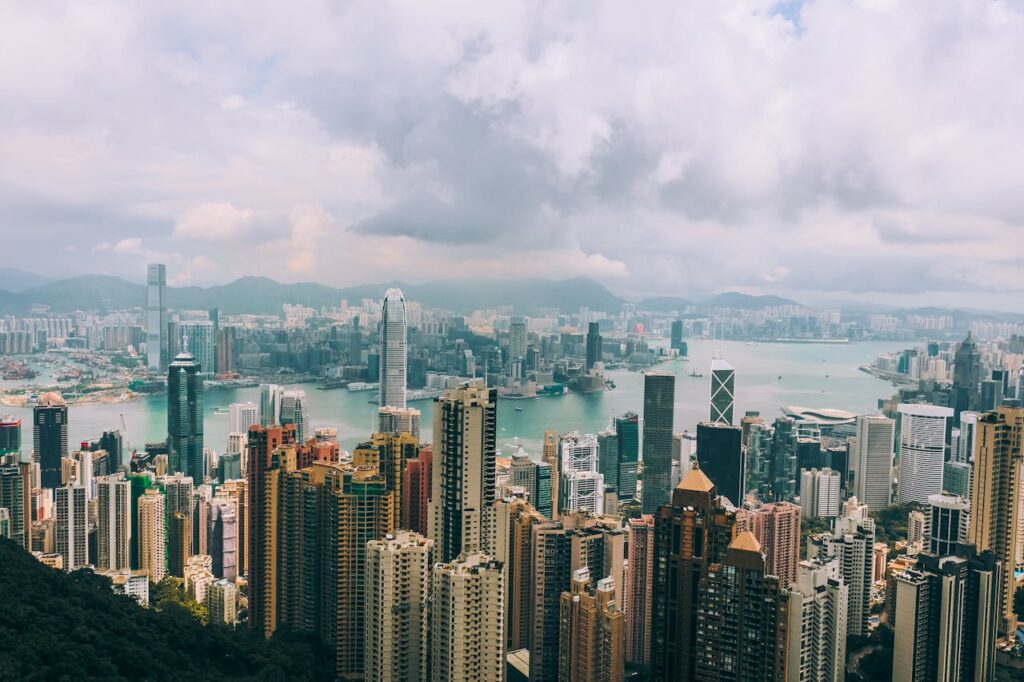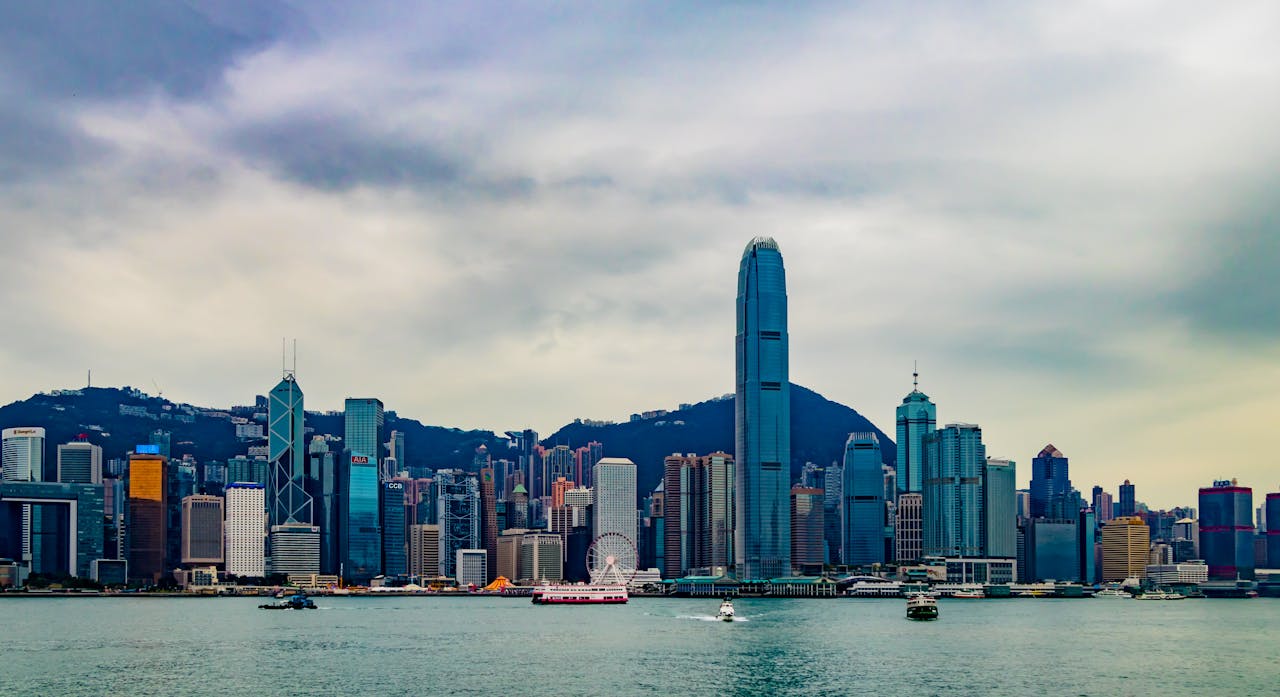How Urbanization Impacts River Gypsy Communities
River gypsies or also called Boat dwellers, Water nomads have been living upon river and alongside coast for few centuries and totally depending on water Source for Their shelters, food, and Identity.
These communities, which exist side by side with nature and are frequently on the periphery of society, are at serious risk as the process of urbanization steadily reaches out to take over more of the little territory they still occupy.
Grouping these many and varied changes under the rubric of “urbanization” captures the fact that rapid physical development of infrastructure, population increase, and industrial advancement are observed; all of these impact river gypsy communities.
This blog will discuss the effects of urbanization on these people with regard to displacement, cultural erosion and environmental degradation.
1. Displacement and Loss of Traditional Livelihoods
As peoples’ dwelling develop from cities and towns, several river gypsy communities are displaced from their traditional domain.
As part of the urbanization process, banks of the rivers are developed for business and residential purposes, making unavailable to these communities the places they have been living in for generations.
2. Forced Relocation
River gypsies are forced to leave with this construction roads, dams, bridges, and commercial structure on or near the rivers because of their exclusive reliance on rivers for living as well as their source of income.
These communities were always involved in fishing, boat construction, and trading – activities that are gradually becoming fewer as people expand their cities into the habitats of these people.
Due to restricted access to their familiar environment, a large number of river gypsies are to be resettled to congested slum areas, where living conditions are poor, amenities scarce, and job prospects are limited.
3. Effect on Past Economy
Urbanization basically results in the over exploitation of fish in rivers and pollution of the rivers affecting directly fishing activities of the river gypsies.
Water pollution by industries, improper disposal of wastes and over fishing by commercial companies complicate the water quality and those systems on which these communities depend.
Consequently, river gypsy’s end up struggling to make wages and many are left with no option but to attend to mainstream employment notwithstanding their expertise or approval of their codes.
4. Cultural Erosion and Social Isolation
These river gypsy communities are in a critical position to lose their identity due to the process of urbanization.
At one time, river gypsies have been known to be a nomadic community where they have custom, lore, and practices handed down to succeeding generations.
But as the process of urbanization begins, there are negative changes in relation to gender, and their valuable and specific cultural identity is also gradually destroyed.
5. Loss of Cultural Practices
In most cases, the relocation to the cities and towns compels the river gypsies to change the lives of the gypsies.
The collectivistic, rather close-knit, family-centered nature of these cultural communities is exchanged for the egalitarian, liberated lifestyle of a metropolis.
Therefore, time shore industries including boat building profession, fishing strategies and cultural performances erode away as the younger generation seek better opportunities in urban areas.
The identification of aboriginal cultures of music and storytelling, narratives, and rituals associated with the river zones where they now are displaced, is lost too.

6. Social Exclusion and Reinforcement
In the urban area the river gypsies are socially restrained or in other words socially excluded.
They are aliens and their culture and customs and that they have a life that can only be considered as primitive are not understood or even looked down upon.
Social exclusion is the result of non- integration into the larger urban environment and most residents of the community are shielded from their roots and from the advances of the contemporary society.
Poor education, health and economic opportunities also leads to social isolation to the people.
Therefore, river gypsies endure poverty and inequality of a higher degree than other inhabitants of large cities.
7. Environmental Degradation and Climate Vulnerability
This paper shows how the process of urbanization does not only affect the way river gypsy lives, but also threatens the environment they depend on.
Urbanisation poses the greatest threat to the socio-ecological setting of river systems and the gypsies occupy strategic prime position to experience the force.
Thus, this paper postulates that the life style of gypsies in India is a vibrant and clear manifestation of the socio-ecological context especially concerning the natural environment which is continuously facing pressure from increased urbanisation.
8. Pollution and Habitat Loss
Standards of living rise with the expansion of the metropolitan areas bringing in industrial pollution and achievement of wastes and untreated sewage that drain into the rivers.
This pollutes water resources which particularly affects the Wellbeing of the river gypsies and their ability to have recourse to drinking, washing and fishing water.
The degradation of the rivers ecosystems also decreases the available bio resources that these communities fully rely on for their food.
Another common problem is water pollution; constructions of dams, bridges, roads etc., also have negative impact on the natural river currents and swim well fish and other water creatures.
9. Through Climate Change and Rising Waters
Global warming escalates the environmental problems in the lives of river gypsy communities.
He pointed out that water levels in rivers are further rising and areas near the rivers become flooded which poses a threat of displacement to families living in such zones.
As the climate changes, alter weather patterns and increased storm activity increase threats to the dwelling places and sources of income for the river gypsies.
In addition, most of the river gypsies are in homes on floats or stilts and most of their edifices are flooded by rise in water level hence they are more exposed to climatic disasters.
These vulnerabilities however are not adequately dealt with in urbanization since development of infrastructure especially in flood prone regions does not consider measures such as flood control or climate change adaptation.
Conclusion
In the following section concluding the paper, it will be argued that effects of urbanization on river gypsy populations are significant at both individual and community levels.
These people are displaced, their cultural practices eroded and the environment degraded as cities grow and new infrastructure changes the look and feel of the riverine environments.
Employment opportunities for the populations have been eroded, most people are isolated, and they are highly vulnerable to the effects of climate change, all of which must be factor in the urban planning and policy formulation.
In order to minimize these effects, their consideration is required when designing urban plans for these areas and their lifestyle must be appreciated.
This may involve issues of offering access to basic needs such as housing, education and healthcare besides; issues of conserving river systems and encouraging pro-green activities in the exploitation of the resources for the benefit of the-dependent communities.
If we cannot support the rights of river gypsies to a territory and form of livelihood from which can withstand the push towards urbanization, then perhaps an improved comprehensive and sustainable urban planning approach is necessary.
Also read: River Gypsies – An Interesting Background

